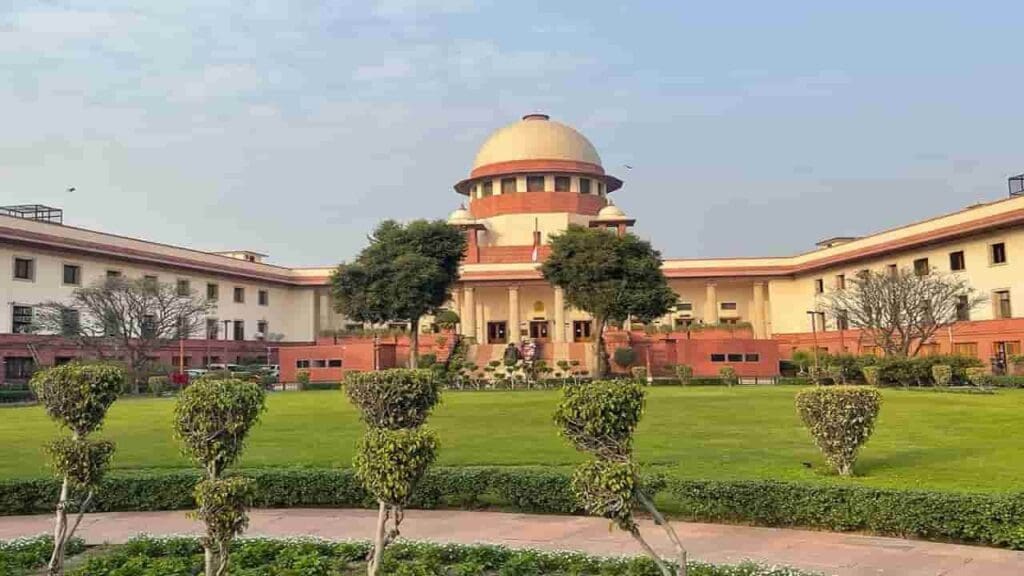The Supreme Court established an exception to the ‘speaking order’ rule, asserting that while the validity of an administrative order is typically assessed solely based on the reasons provided within it, the Court may, under specific circumstances, consider existing but unarticulated grounds that are apparent from the record.
A panel of Justices Dipankar Datta and A.G. Masih issued a ruling that overturned the Andhra Pradesh High Court’s directive to the State Bank of India (SBI) to reassess the borrower’s One Time Settlement (OTS) proposal. The High Court had granted relief despite the borrower’s continuous defaults and non-compliance with the essential prerequisite of depositing 5% of the dues in advance, a stipulation that was not mentioned in SBI’s rejection order. In deviating from the reasons articulated in the administrative order, the Supreme Court referenced Clause 4(i) of the OTS 2020 Scheme as an existing but unexpressed ground, determining that the borrower’s failure to provide the 5% upfront payment rendered the application incomplete and ineligible from the outset.
Prior to identifying an existing but unspecified ground regarding the non-payment of the 5% upfront amount, the Court established a three-tier test to validate the consideration of that ground, which includes:
- When the stated grounds are found to be untenable,
- The court may “trace” an alternative valid ground from the record, the referenced documents, or the factual narrative of the order, and
- The affected party is afforded notice and a fair opportunity to respond.
“Although courts, while reviewing administrative orders, may not allow additional grounds not present within the confines of the said order to be introduced in an affidavit or during oral arguments, we are inclined to believe that the factual narrative contained in such an order and the documents referenced therein can indeed be taken into account alongside the case presented in the writ petition, but only in appropriate circumstances. Such situations could encompass a case, like the present one, where the stated grounds are deemed untenable and, therefore, unsustainable, yet an alternative ground (emerging from the factual narrative) is available.


